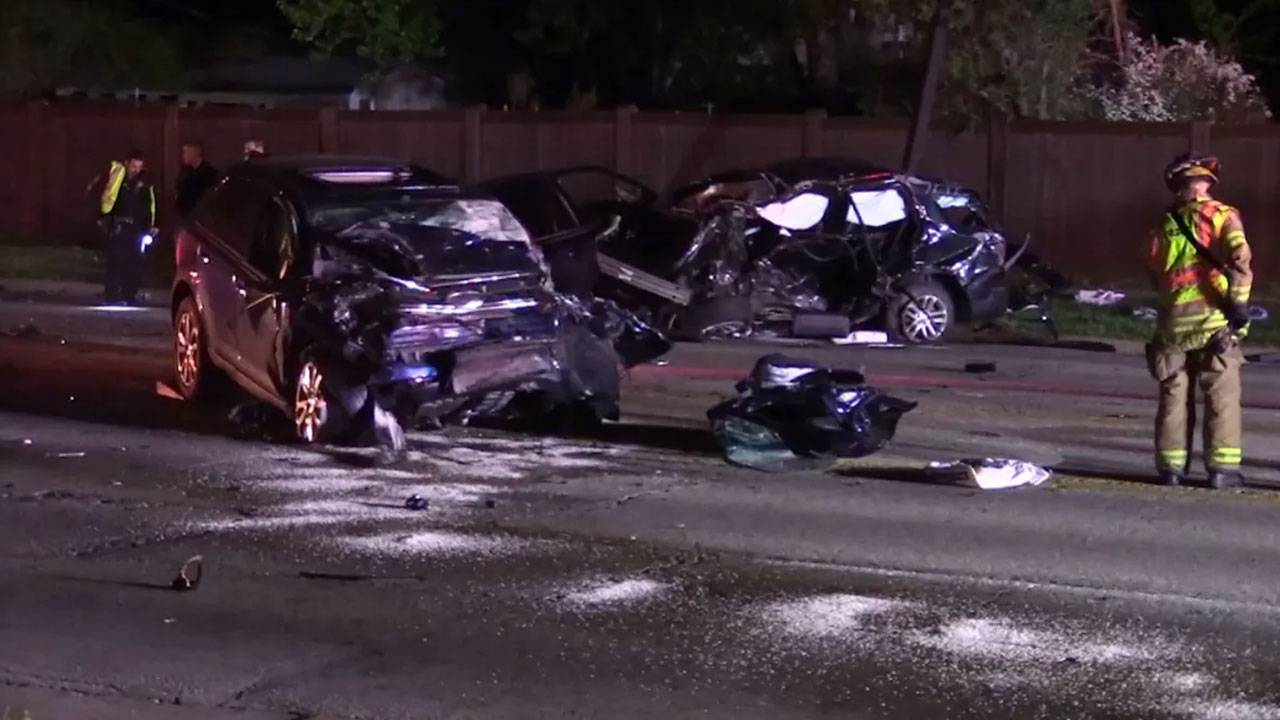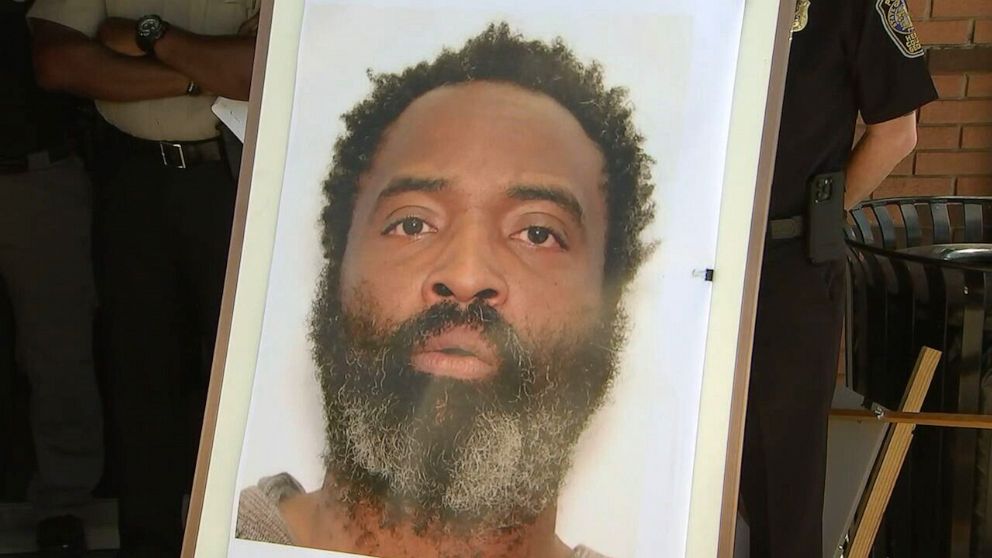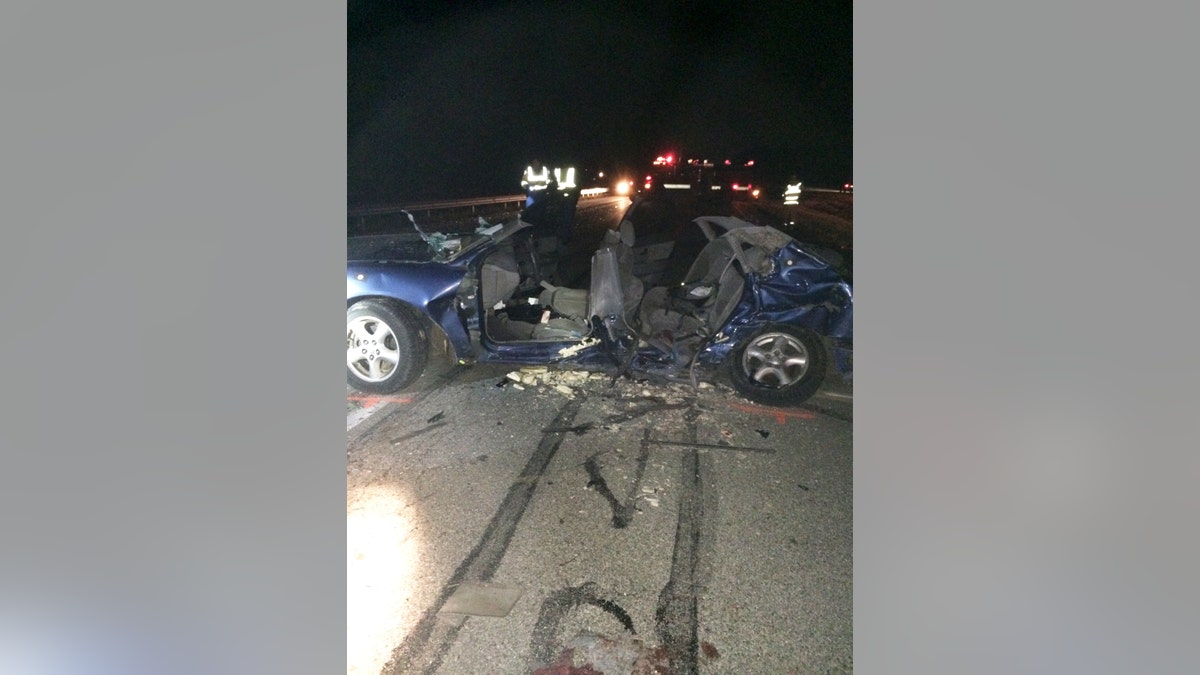When we hear the phrase "4 killed," our minds immediately jump to the tragedy and loss behind those words. In today's world, news headlines often carry this heavy phrase, but do we truly understand the stories behind them? The phrase "4 killed" represents more than just numbers—it's about real lives, families, and communities affected by events that shape our world. Let's dive deeper into what this phrase means and uncover the layers beneath the headlines.
You might be wondering, why does "4 killed" seem so common in the news these days? Well, it's not just about the frequency of tragic events; it's also about how we consume information. In a fast-paced digital age, headlines need to grab attention, and "4 killed" is one of those phrases that stops you in your tracks. But there's so much more to the story than what meets the eye.
Today, we're going to explore the significance of "4 killed" in the context of global events, its impact on society, and what we can learn from these incidents. This isn't just about numbers; it's about understanding the human stories behind them. So buckle up, because we're about to take a deep dive into the world of tragedy, resilience, and hope.
Read also:Eastern Western Twins A Fascinating Journey Into Their Lives Culture And Shared Bonds
What Does "4 Killed" Really Mean?
When you see "4 killed" in a headline, it's easy to dismiss it as just another statistic. But let's break it down. Each of those four lives represents a person with dreams, families, and connections. It's not just about the number; it's about the ripple effect that such an event has on a community. Think about it—four people gone means four families grieving, four sets of friends mourning, and countless others impacted by the loss.
The Emotional Weight of Loss
Loss is something we all experience, but when it happens on a larger scale, like in the case of "4 killed," it can feel overwhelming. The emotional weight of losing someone close to you is something that no one is truly prepared for. Imagine being part of a community where four people you know are suddenly gone. It's not just about the immediate family; it's about the community as a whole.
- Loss affects mental health
- Communities come together in grief
- Support systems become crucial
Studies have shown that communities affected by tragedies like these often experience increased rates of depression and anxiety. But on the flip side, they also tend to rally together, creating support systems that help everyone heal.
Understanding the Context of "4 Killed" Events
Every "4 killed" story has a context, and understanding that context is key to grasping the full impact of the event. Whether it's a car accident, a natural disaster, or an act of violence, the circumstances surrounding the tragedy play a huge role in how it affects people.
Common Causes of "4 Killed" Headlines
Let's take a look at some of the most common causes behind "4 killed" headlines:
- Car accidents: These are tragically common and often result from reckless driving or poor road conditions.
- Natural disasters: Earthquakes, hurricanes, and floods can claim multiple lives in an instant.
- Acts of violence: Unfortunately, shootings and other violent acts are becoming more frequent and are often the source of "4 killed" headlines.
Each of these causes has its own unique set of factors that contribute to the tragedy. Understanding these factors can help us prevent similar events in the future.
Read also:Caitlyn Clark Short Dress A Fashion Phenomenon Thatrsquos Turning Heads
The Impact on Families and Communities
When four lives are lost, the impact extends far beyond the immediate families. Entire communities feel the weight of the loss, and the effects can last for years. This is where the true significance of "4 killed" becomes apparent.
How Families Cope
Grieving the loss of a loved one is never easy, but when it happens suddenly, it can be even harder. Families often go through a range of emotions, from shock and disbelief to anger and sadness. Counseling and support groups can play a vital role in helping them cope.
Research shows that families who receive support during the grieving process are more likely to recover and move forward. It's not about forgetting; it's about finding a way to live with the loss and honor the memory of those who have passed.
Preventing Future Tragedies
While we can't eliminate all risks, there are steps we can take to prevent "4 killed" headlines from becoming a regular occurrence. Education, policy changes, and community involvement are all key components of prevention.
Education as a Prevention Tool
One of the most effective ways to prevent tragedies is through education. Teaching people about safe driving practices, emergency preparedness, and conflict resolution can make a huge difference. Schools, community organizations, and even social media platforms can play a role in spreading awareness.
For example, campaigns that focus on distracted driving have been shown to reduce the number of accidents on the road. Similarly, educating communities about disaster preparedness can save lives during natural disasters.
Legal and Policy Implications
When "4 killed" events occur, there are often legal and policy implications that follow. Whether it's a criminal investigation or a review of safety regulations, these processes are essential for ensuring accountability and preventing future incidents.
The Role of Law Enforcement
Law enforcement plays a critical role in investigating "4 killed" events and bringing those responsible to justice. In cases of violence or negligence, their work is crucial in providing closure for families and holding perpetrators accountable.
At the same time, policymakers must review existing laws and regulations to identify areas for improvement. For example, after a major car accident, transportation authorities might implement new safety measures to prevent similar incidents in the future.
Media Coverage and Public Perception
The way the media covers "4 killed" events can greatly influence public perception. Sensationalized headlines and incomplete reporting can sometimes do more harm than good. It's important for journalists to approach these stories with sensitivity and accuracy.
The Responsibility of Journalists
Journalists have a responsibility to report the truth while respecting the dignity of those involved. This means avoiding sensationalism and focusing on the facts. It also means giving voice to the families and communities affected by the tragedy.
Some news organizations have started adopting more ethical guidelines for covering sensitive topics like "4 killed" events. This includes using language that is respectful and avoiding graphic imagery that could traumatize viewers.
Support Systems for Survivors
For those left behind after a "4 killed" event, support systems are essential for healing. Whether it's mental health services, financial assistance, or community programs, these resources can make a world of difference.
Mental Health Services
Mental health is a crucial aspect of recovery after a tragedy. Counseling, therapy, and support groups can help survivors process their grief and find ways to move forward. Many communities offer free or low-cost mental health services specifically for those affected by tragedy.
Additionally, peer support groups can provide a sense of connection and understanding that traditional therapy might not offer. Hearing from others who have gone through similar experiences can be incredibly validating.
Community Response and Resilience
Communities often respond to "4 killed" events with an outpouring of support and solidarity. Whether it's through fundraising efforts, memorial events, or simply offering a listening ear, these acts of kindness can help bring healing and hope.
The Power of Community
When tragedy strikes, communities have a unique ability to come together and support one another. This collective resilience is a testament to the strength of human connection. Whether it's organizing a candlelight vigil or setting up a GoFundMe page, these efforts can make a real difference in the lives of those affected.
Research has shown that communities that engage in collective healing processes are more likely to recover quickly and effectively. It's not just about the individual; it's about the community as a whole.
Looking Forward: Hope and Healing
While "4 killed" headlines may seem bleak, they also offer an opportunity for growth and change. By learning from these tragedies, we can work towards a safer, more compassionate world.
Taking Action
So what can you do to help prevent future "4 killed" events? Here are a few ideas:
- Support organizations working to improve safety and prevent violence
- Advocate for policy changes that address root causes of tragedy
- Volunteer your time and resources to support affected communities
Every little bit helps, and together, we can make a difference.
Conclusion
In conclusion, the phrase "4 killed" carries a heavy weight, but it's more than just a number. It represents real lives, real stories, and real communities. By understanding the context, impact, and prevention strategies surrounding these events, we can work towards a better future.
So the next time you see a headline with "4 killed," take a moment to think about the people behind the numbers. Share this article with others to spread awareness, and consider getting involved in efforts to prevent future tragedies. Together, we can make a difference.
Table of Contents:
- What Does "4 Killed" Really Mean?
- Understanding the Context of "4 Killed" Events
- The Impact on Families and Communities
- Preventing Future Tragedies
- Legal and Policy Implications
- Media Coverage and Public Perception
- Support Systems for Survivors
- Community Response and Resilience
- Looking Forward: Hope and Healing
- Conclusion


